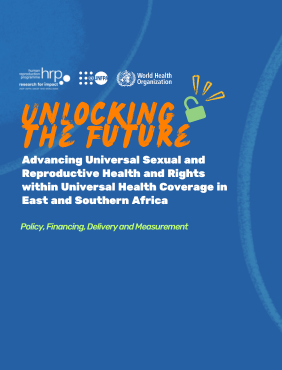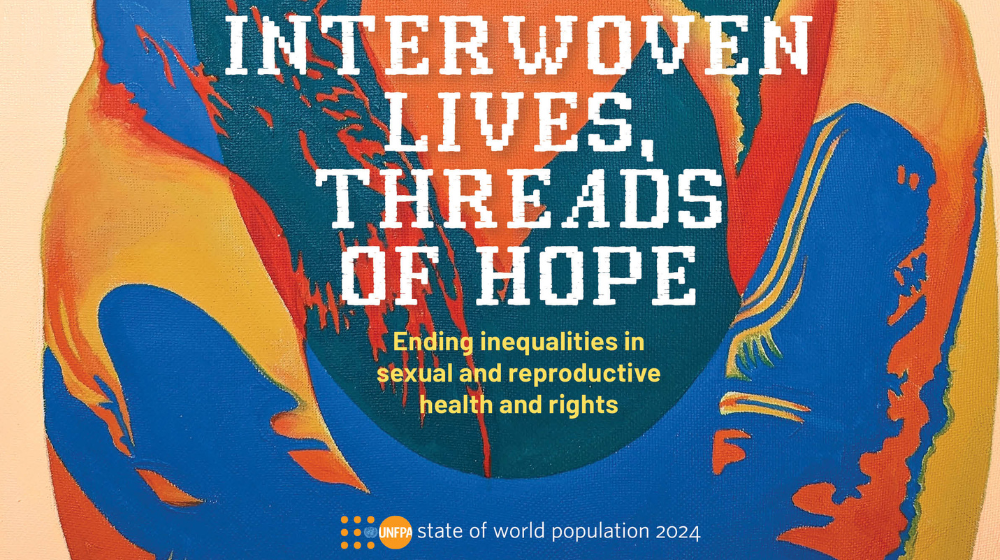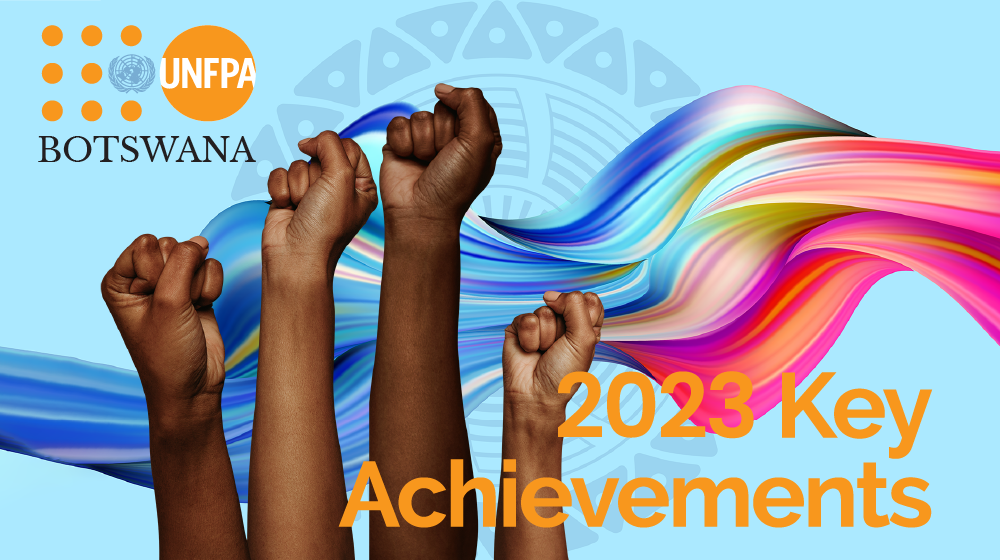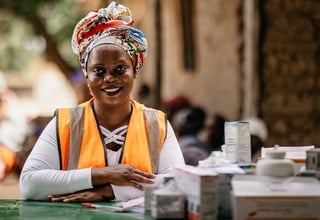In the past 20 years, progress has been made towards universal sexual and reproductive health and rights (SRHR) in the East and Southern Africa (ESA) region. However, millions still lack universal access to comprehensive SRHR in the ESA region, which includes 23 diverse countries with over 670 million people, of whom nearly one-third are between 10 to 24 years of age.
Providing universal comprehensive SRHR, in operational terms, means ensuring universal access to nine bundles of services through rights-based, people-centered, gender-transformative and life-course-based approaches, which leave no one behind in development and humanitarian settings.
Additionally, progress has been made towards achieving Universal Health Coverage (UHC) in the ESA region. UHC, in operational terms, means all people have access to the health care they need, when and where they need it, without facing financial hardship. UHC includes the full spectrum of essential, quality health services, from health promotion to prevention, treatment, rehabilitation, and palliative care across the life course.
This document details key takeaways from the sexual and reproductive health and rights in Universal Health Coverage assessments in the East and Southern Africa region. It also presents the current landscape regarding the inclusion of SRHR services in country-specific UHC initiatives. These assessments, titled 'SRHR in UHC,' were conducted in nine countries (Botswana, Ethiopia, Kenya, Madagascar, Malawi, Namibia, South Sudan, Uganda, and Zambia) between 2021 and 2023, with support from the United Nations Population Fund (UNFPA) East and Southern Africa Regional Office.




